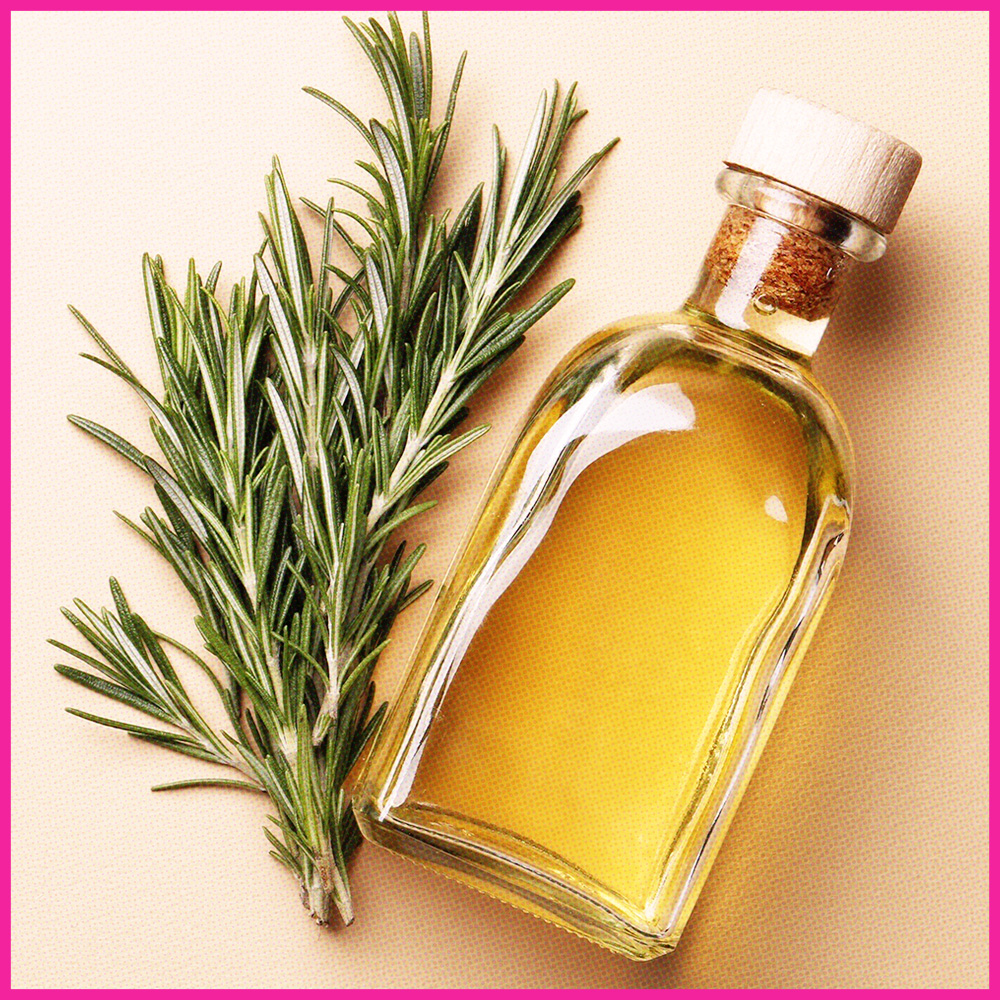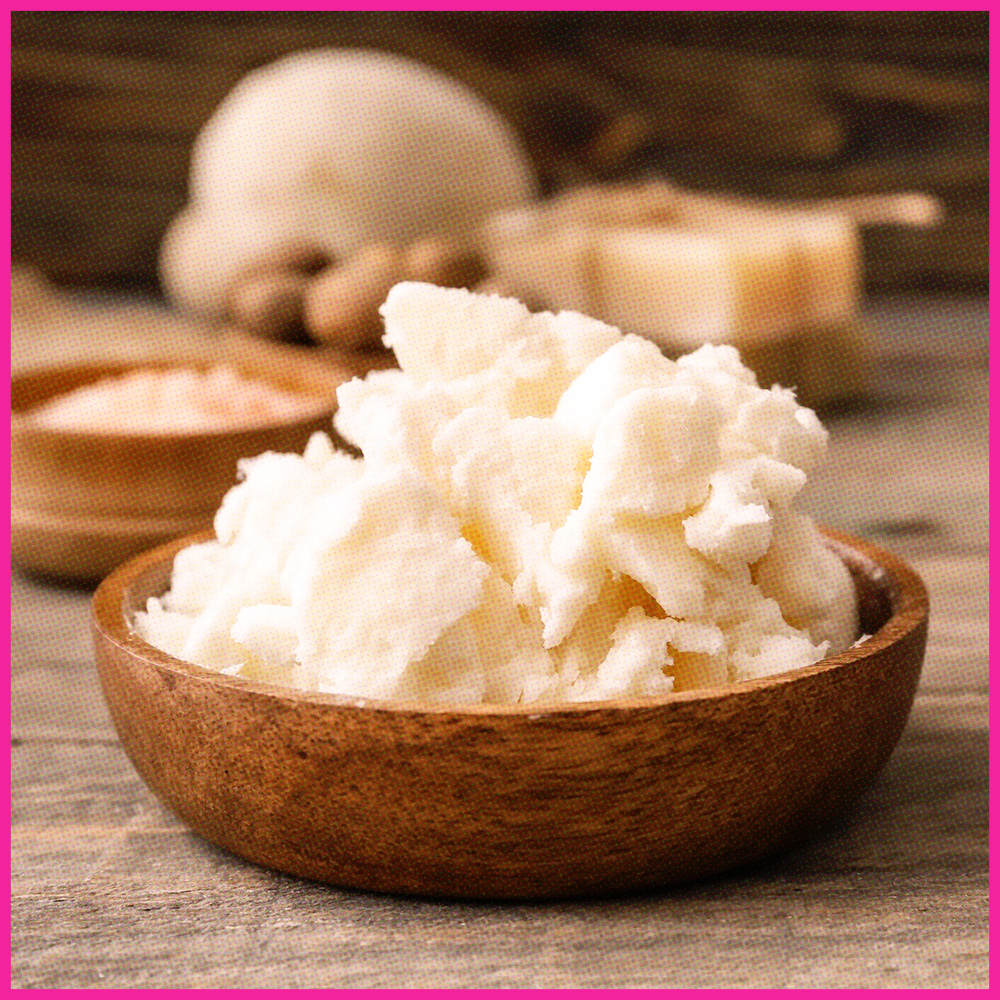Rosemary oil has gained popularity in the hair care world due to its numerous benefits, including promoting hair growth, improving scalp health, and adding shine. Making your own rosemary oil at home is easy and allows you to customize the infusion to suit your preferences. Here’s a detailed guide on how to make rosemary oil for hair, along with tips on how to use it effectively.
Benefits of Rosemary Oil for Hair
Before diving into the recipe, it’s worth noting why rosemary oil is a fantastic addition to your hair care routine:
- Stimulates Hair Growth: Rosemary oil is believed to improve circulation in the scalp, which can stimulate hair follicles and promote growth.
- Fights Dandruff: Its antimicrobial properties help combat dandruff and keep the scalp healthy.
- Adds Shine and Luster: Regular use of rosemary oil can enhance the natural shine of your hair, making it look healthier.
- Reduces Hair Loss: Some studies suggest that rosemary oil may help reduce hair loss by inhibiting the production of a hormone linked to hair thinning.
What You’ll Need
Ingredients
- Fresh Rosemary Leaves: About 1 cup, or you can use dried rosemary if fresh is not available.
- Carrier Oil: Choose a carrier oil that suits your hair type. Popular options include:
- Coconut Oil: Great for deep conditioning and moisture.
- Jojoba Oil: Similar to the natural oils of the scalp, making it good for all hair types.
- Olive Oil: Rich in vitamins and perfect for dry hair.
Tools
- A clean glass jar or bottle with a lid
- A small saucepan or double boiler
- A strainer or cheesecloth
- A funnel (optional)
How to Make Rosemary Oil
Step 1: Prepare the Rosemary
If you’re using fresh rosemary, rinse the leaves under cold water to remove any dirt or impurities. Pat them dry with a clean towel. If you’re using dried rosemary, you can skip this step.
Step 2: Infuse the Oil
1. Choose Your Method: You can make rosemary oil using either the cold infusion method or the heat infusion method.
Cold Infusion Method:
- Place the fresh or dried rosemary leaves in a clean glass jar.
- Pour your chosen carrier oil over the rosemary until it’s fully submerged. Leave some space at the top of the jar.
- Seal the jar tightly and place it in a warm, sunny spot for about 1-2 weeks. Shake the jar every few days to mix the contents.
Heat Infusion Method:
- In a small saucepan, combine the rosemary leaves and carrier oil.
- Heat the mixture on low for about 30 minutes. Avoid boiling; the oil should warm gently to infuse the rosemary properties without damaging them.
- After 30 minutes, remove the saucepan from heat and let it cool.
Step 3: Strain the Oil
Once the infusion period is complete or the oil has cooled, strain the mixture using a fine mesh strainer or cheesecloth. This will separate the rosemary leaves from the oil. Squeeze the cheesecloth to extract as much oil as possible.
Step 4: Store the Rosemary Oil
Transfer the strained oil into a clean glass bottle or jar. Use a funnel if needed for easy pouring. Make sure to label the container with the date and contents. Store the rosemary oil in a cool, dark place to preserve its potency. It should last for several months.
How to Use Rosemary Oil for Hair
Scalp Massage
- Preparation: Take a small amount of rosemary oil and warm it slightly in your hands.
- Massage: Part your hair and apply the oil directly to your scalp using your fingertips. Massage gently in circular motions for about 5-10 minutes to stimulate blood circulation.
- Leave It On: You can leave the oil on for at least 30 minutes, or overnight for a deep conditioning treatment. Cover your hair with a shower cap to prevent mess.
Hair Treatment
- Add to Shampoo/Conditioner: Mix a few drops of rosemary oil into your regular shampoo or conditioner for added benefits.
- DIY Hair Masks: Incorporate rosemary oil into homemade hair masks by mixing it with ingredients like honey, yogurt, or avocado for a nourishing treatment.
Daily Use
- Hair Serum: Apply a small amount to the ends of your hair to help tame frizz and add shine. This is especially beneficial for those with dry or damaged hair.
Conclusion
Making your own rosemary oil for hair is a simple yet rewarding process that can enhance your hair care routine. With its myriad benefits, rosemary oil can help promote hair growth, combat dandruff, and add shine to your locks. By following these steps, you can create a natural, effective hair treatment that’s tailored to your needs. So, gather your ingredients and start infusing your own rosemary oil today for healthier, more beautiful hair!




















